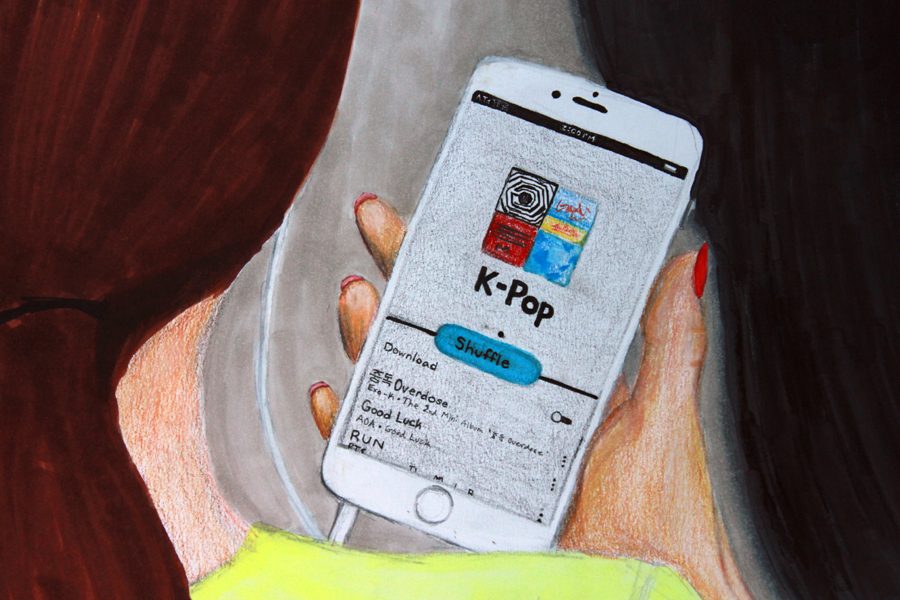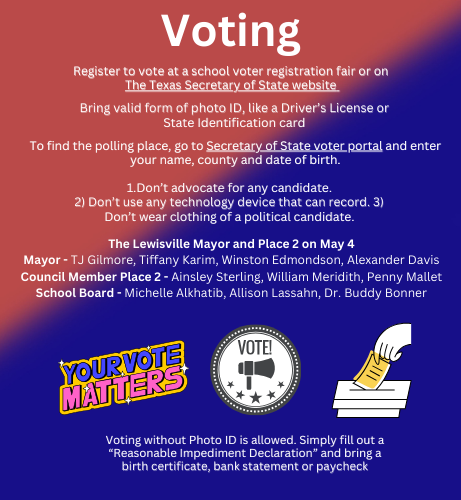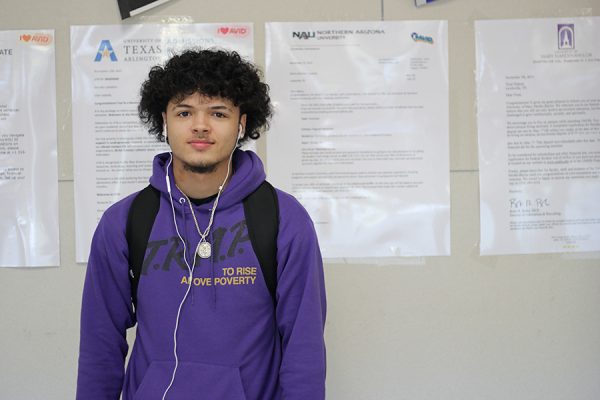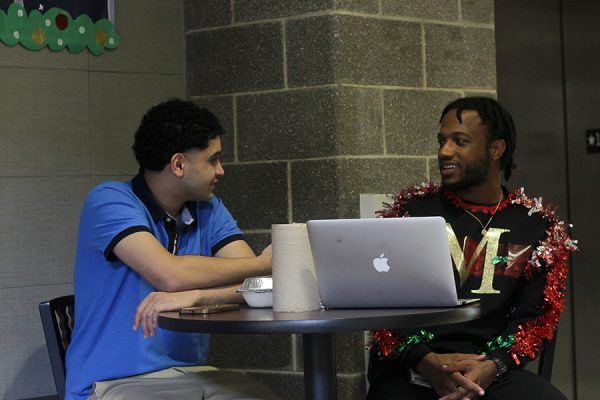K-pop takes over
Fans come together to start new club
While Korean pop music, or K-pop, originated in the ’90s in South Korea, it wasn’t until 2012 that it became the hit it is now in North America when artists such as Girls Generation and PSY were noticed. Girls Generation performed on ‘The Late Show with David Letterman’ and PSY took over YouTube with his song ‘Gangnam Style,’ which currently still holds the title of the most viewed YouTube video since November of 2012.
This fast-growing genre inspired a club at Killough to form during the spring of 2016 by two freshmen who wanted a place to be able to talk about South Korean pop music freely.
“K-pop club was started to get more people to know more about Korean pop music and to meet more people who are into K-pop,” sophomore Catherine Sifuentes said. “It’s really hard to find somebody who likes music that’s from another country.”
Shortly after its creation, the club filled with members excited about being able to have a place where they can talk freely about Korean pop. The club members fangirl not just about the music, but also the visuals including the dancing and music videos.
“I joined K-pop club because I really like the music and the things we do in there,” sophomore Maria Torres said. “We do choreography, but sometimes we look at videos.”
Everyone in the club found out about the popular Korean music in different ways such as being shown by someone, stumbling upon it while on the internet or hearing it in other types of entertainment that preview Korean pop music.
“Before I listened to K-pop I started with Korean dramas, and the songs they play toward the end of them got me interested in K-pop,” freshman Aria Mins said.
No matter how they discovered this music, they became devoted fans from the beginning. Korean music has something that attracted them to it, better than English music could.
“They do more choreography than English pop,” Torres said. “They get into the music while I feel that English pop is just too plain.”
With the K-pop phenomenon becoming worldwide, the music has encouraged many fans to learn Korean. This will not only help them as they will be able to understand the music, but they will be able to use it in the future for various reasons including academics.
“I know a little bit, but not a lot,” Mins said. “I learned Korean for my own benefit because I plan on going to a university in Korea.”
Not only has the rise of Korean pop benefited many fans by giving them motives to learn another language, but as the K-pop fan base grows worldwide it gives them better opportunities to be able to watch their favorite groups live.
“It has gotten [the artists] to travel more [and] get more world tours,” Torres said. “I just can’t wait for some bands to come back and we actually get to see them. But only the mainstream bands get to go worldwide to where other people can see them, [and] not the small ones which really bothers people.”
While the recent popularity of K-pop has benefitted fans, it has also caused problems between them.
“A lot of fans joined the K-pop fandom…many of them are new so they really don’t understand the whole thing about K-pop and they’re very immature sometimes…they start fan wars,” Sifuentes said. “The bigger the fandom is, the more problems they cause.”
All fandoms have their ups and downs, but in the end fans are able to put the problems aside and come together to enjoy the music. K-pop music has created a large following that doesn’t seem to stop growing.
“It’s unique, different and it has many different qualities that you really wouldn’t find in English music,” Sifuentes said.












